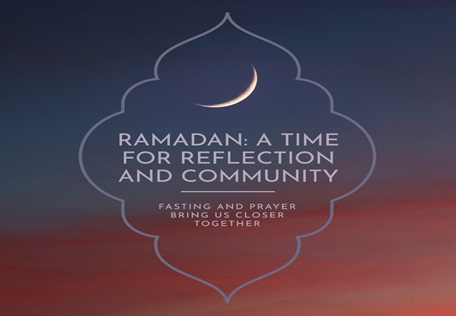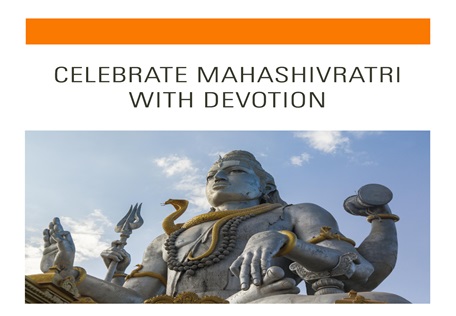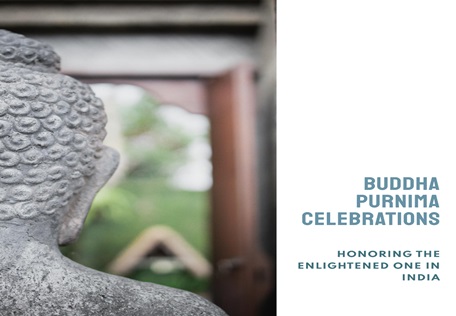Ramadan, the ninth month of the Islamic lunar calendar, is a sacred and highly anticipated period for Muslims worldwide. It’s a time of spiritual growth, self-reflection, heightened devotion, and community. But Ramadan is most recognized for the obligatory fasting (sawm) undertaken by Muslims during daylight hours. Let’s delve deeper into the traditions and significance of this holy month.
The Importance of Fasting
Fasting during Ramadan goes beyond simply abstaining from food and drink (including water) from dawn to sunset. It’s a test of self-discipline, sacrifice, and empathy. By experiencing hunger and thirst, Muslims gain a deeper understanding of the struggles faced by those less fortunate. This fosters compassion and encourages charitable acts like giving to charity (zakat) which is especially emphasized during Ramadan.
Fasting also serves as a form of spiritual purification. Muslims abstain not only from physical consumption but also from negative thoughts, gossip, and sinful behavior. This allows them to focus on prayer (salat), recitation of the Quran, and strengthening their connection with God.
Traditions and Practices
Ramadan is a vibrant time filled with traditions that vary somewhat across cultures. However, some common practices include:
- Suhoor: A pre-dawn meal eaten before the fasting begins.
- Iftar: The evening meal that breaks the fast each day. It’s usually a time for families and communities to gather and share a meal.
- Tarawih: Special night prayers held throughout Ramadan.
- Increased focus on القرآن (Quran): Muslims often strive to recite more Quran during Ramadan, with some aiming to complete a recitation of the entire scripture.
Significance of Ramadan
Ramadan holds immense significance for Muslims for several reasons:
- Commemoration of the Quran: It’s believed that the first verses of the Quran were revealed to Prophet Muhammad during Ramadan. Muslims see this as a time to celebrate the guidance and wisdom of the Quran.
- Strengthening Faith: Ramadan provides an opportunity for Muslims to strengthen their faith through increased prayer, reflection, and good deeds.
- Community Building: Ramadan fosters a sense of community as Muslims come together for prayers, iftars, and charitable activities.
The End of Ramadan and Eid al-Fitr
The conclusion of Ramadan is marked by the joyous celebration of Eid al-Fitr. Muslims attend special prayers, exchange gifts, and enjoy festive meals with family and friends. Eid al-Fitr signifies the breaking of the fast and the culmination of a month of spiritual growth and devotion.
Ramadan is a multifaceted experience that goes beyond just abstaining from food and drink. It’s a time for Muslims to connect with their faith, practice self-discipline, and strengthen their communities. As the holy month approaches, Muslims around the world prepare for a period of spiritual renewal and joyous celebration.




Wow! This can be one particular of the most helpful blogs We’ve ever arrive across on this subject. Basically Magnificent. I’m also a specialist in this topic so I can understand your hard work.